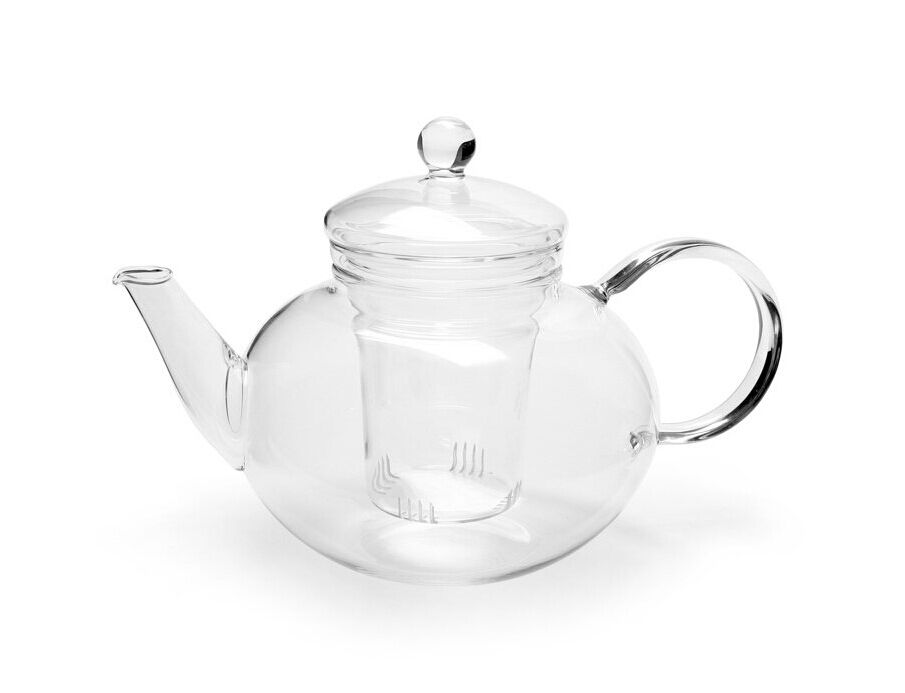Yes, I’ve said it. Tea pairs better with your food than wine. Call me crazy.
Tea and wine have a lot in common
To begin with, I’d like to say that wine and tea both go exceptionally well with meals because they have the power to enhance flavors – of both the drink and the dish – to balance and harmonize tastes, and to soften harsh flavors. Besides that, there are many other similarities, such as a long and fascinating history, the art of the production processes, and a kind of ‘master’ who oversees and adjusts the production.
The terroir is also extremely important for both tea and wine. Where the plants grow, at what altitude, the acidity of the soil, how much sunlight they get, the minerals in the soil, all will determine how the tea or wine will taste. The same tea cultivar will taste different when it comes from China or Japan, just as wine from the same grape will taste different when it has French or Chilean origins.
Tea sommelier vs wine sommelier
As a tea sommelier, I see many similarities with wine sommeliers. However, I must say that (yes, being completely biased as I am. I don’t drink wine, after all.) there’s more art involved in tea. You might wonder how. Being a wine sommelier is indeed a detailed profession that requires a lot to master and also a bit of talent, isn’t it? Yes, it certainly is! But being a tea sommelier might require even more.
A wine sommelier, like a tea sommelier, must have a lot of product knowledge, a good nose, taste buds, and a feel for combining flavors. But while there’s relatively little art to pouring wine, pouring tea is quite different. A good wine is good on its own, and other than uncorking and displaying an elegant way of pouring, there’s little to it. A good wine remains good, and there’s little a sommelier can do to mess it up. A high-quality tea, on the other hand, can be made or ruined by a tea sommelier. You start with a dry product, the tea leaves, and the final taste is largely in your hands. The taste of the tea will be greatly influenced by the type of water you use, how long you steep your leaves, the ratio of tea leaves to water, the brewing method, and so on. I’m telling you: making tea is an art!
Difference between wine and tea
Apart from the many similarities, there are, of course, differences between the two. Stating the obvious: wine contains alcohol, and tea does not. Tea contains caffeine – I’m talking about “real tea” from the tea plant – and wine does not. Those accustomed to wine and not tea often find it difficult to appreciate tea at first. They find it rather weak and lacking body. But that’s often more in your mind, as a habit, a rusted pattern of expectation. However, with a bit of willingness, you can easily get over this and truly start to appreciate the exquisite subtlety of tea.
Those used to wine expect the heavy aftertaste of alcohol and acids. But once you let go of that expectation, a new world will open up for you. Moreover, when it comes to drinks with meals, you’ll see that alcohol actually gets in the way of food pairing, clashing a bit. I know, I know… more grand statements. But I stand firm in my belief. I didn’t write this piece to kick wine to the curb. Much more, I want to motivate you to serve more tea with meals. To incorporate tea more into your daily life. This healthy drink has so much to offer you!







